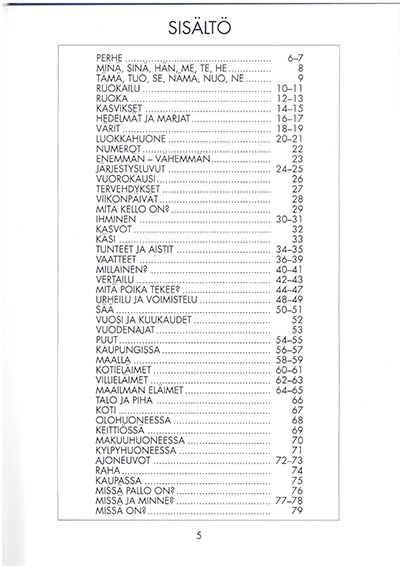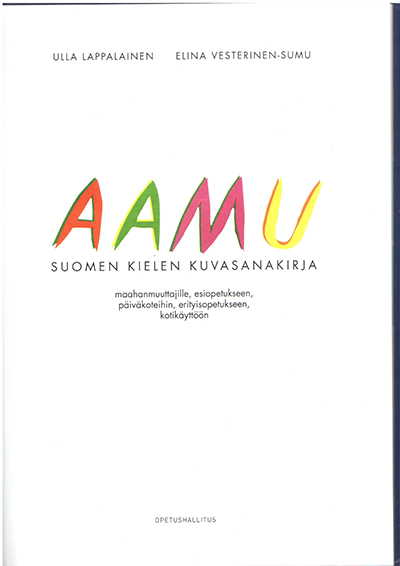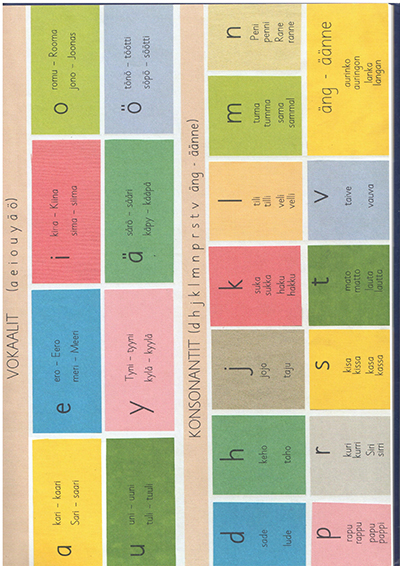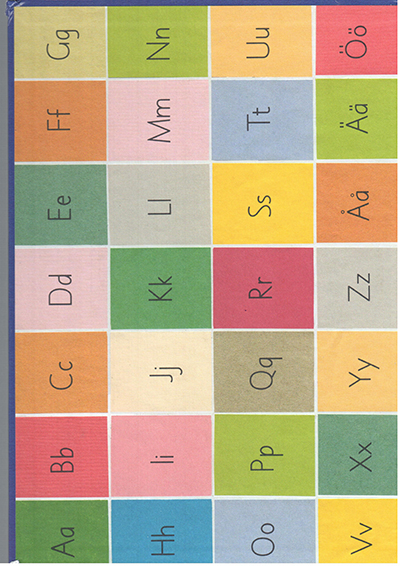| Sorted by date | |||
page181from Building Ideas
A
further refinement of the “vulgar” Marxist understanding of history came from
the Italian philosopher, Antonio Gramsci, who was also active in the Communist
party around the time of World War 1. Following the failure of the Communists
to take power after the war, Gramsci was imprisoned by the Fascists in the late
1920s. While detained he was allowed to write, and composed a series of Prison
Notebooks, which were published after his death following his release in 1937.
Gramsci’s contribution to Marxist thinking echoes that of Lukács, although he develops the
problem of ideology into the field of popular culture. He uses the concep... more ...
|
|||
|
|||
|
|
|||
page180from Building Ideas
This
kind of mechanical understanding meant the laws of society had come to be
accepted as beyond man’s control, whereas Luács restored the importance of the concept of
alienation as a way of explaining how this ideological illusion had come about.
In his History and Class Consciousness(1923), he attempted to reinterpret Marx
in terms of the philosophy of Hegel, by reinstating the creative role of the
collective human consciousness. He coined the term “reification” (meaning “turning
into a thing”) to explain what happens to human consciousness in the alienating
conditions of modern industrial capitalism. This idea mirrors Marx’s concept of
the “fetishisation” of commodities... more ...
|
|||
|
|||
|
|
|||
page179from Building Ideas
according to Marx, the workers’ consciousness
of their exploitation; thus the revolutionary impulse is never allowed to break
through.
The
concept of ideology shows the dialectical nature of Marx’s thinking, and
provides the necessary refinement to the deterministic model of history. The
issue centres on his intention to change, rather than merely interpret, the
conditions of society, with the question now being, where do you begin – to
change consciousness or to change conditions? According to Marx’s more
humanistic earlier writings, it is the former activity that becomes a priority
for the philosopher. Seeing... more ...
|
|||
|
|||
|
|
|||
page178from Building Ideas
The
monopoly of capital becomes a fetter upon the mode of production, which has
sprung up and flourished along with, and under it. Centralisation of the means
of production and socialization of labour at last reach a point where they
become incompatible with their capitalist integument. This integument is burst
asunder. The knell of capitalist private property sounds.8
The
remaining difficulty for Marx’s theory was explaining why this revolution had
not taken place – why the conflicting elements ... more ...
|
|||
|
|||
|
|
|||
page177from Building Ideas
The
real importance of this process is as part of the worker’s “self-creation”,
where the personality of the producer is invested in their product – this
existentialist idea also anticipates the work of William Morris, the pioneer
English socialist and leader of the Arts and Crafts movement. Instead, the
industrial product has become a mere anonymous commodity, prized for its “exchange-value”
rather than any “use-value” in itself, and the worker, at the same time,
becomes commodifed under this system, valued as a labour resource rather than a
unique human being.
No... more ...
|
|||
|
|||
|
|
 ... ...
... ... ... ...
... ... ... ...
... ... ... ...
... ... ... ...
... ... ... ...
... ... ... ...
... ... ... ...
... ... ... ...
... ... ... ...
... ... ... ...
... ... ... ...
... ... ... ...
... ... ... ...
... ... ... ...
... ...